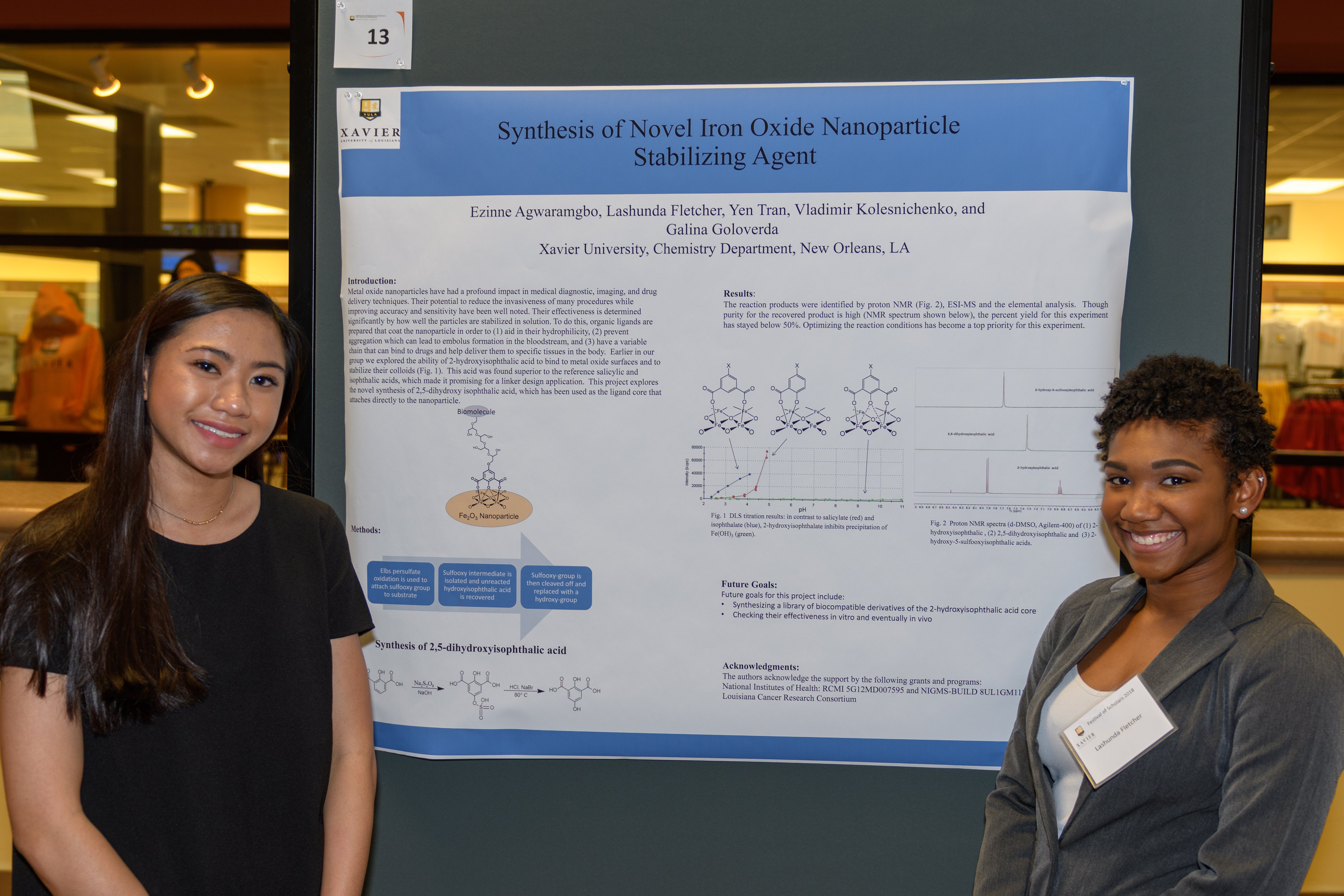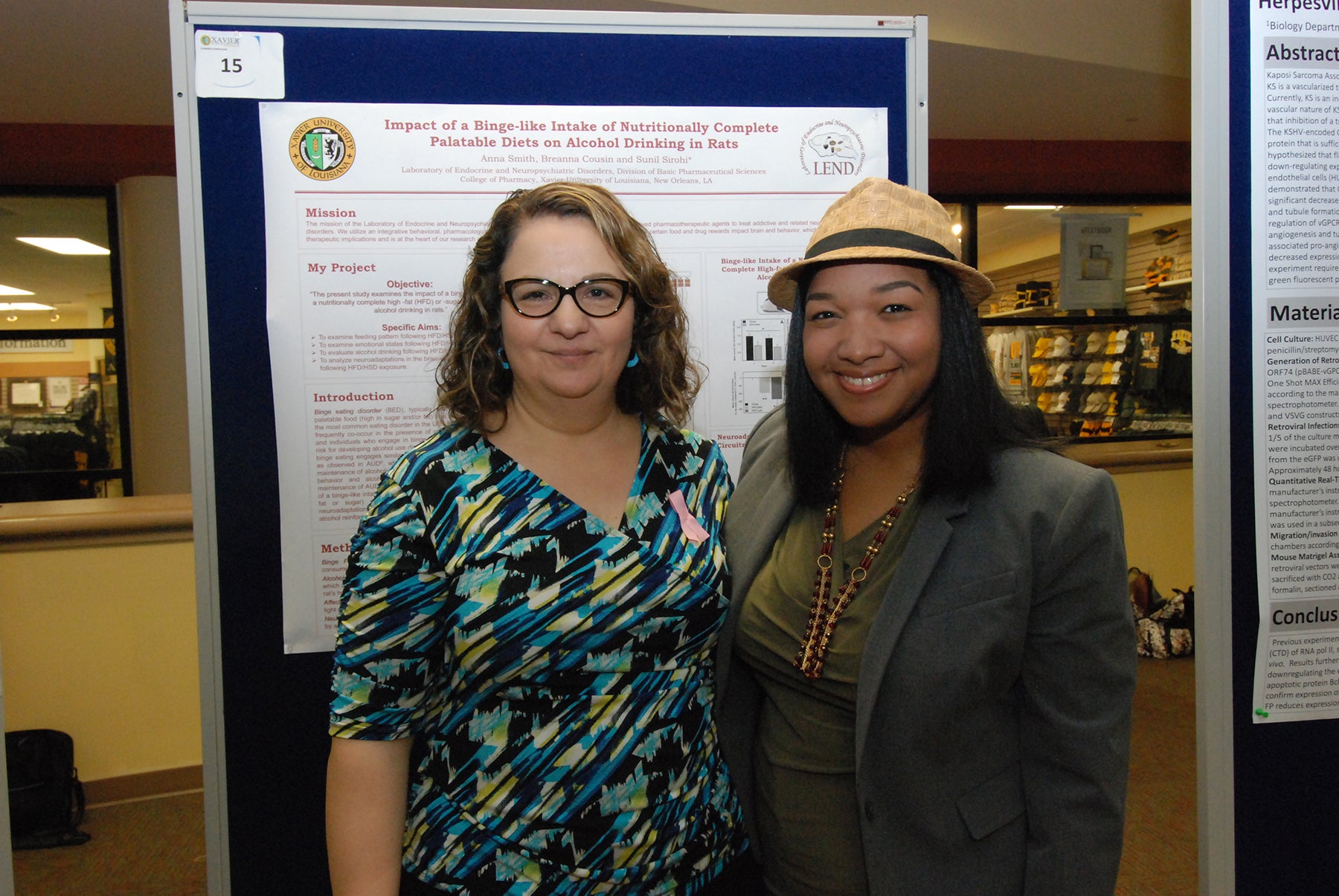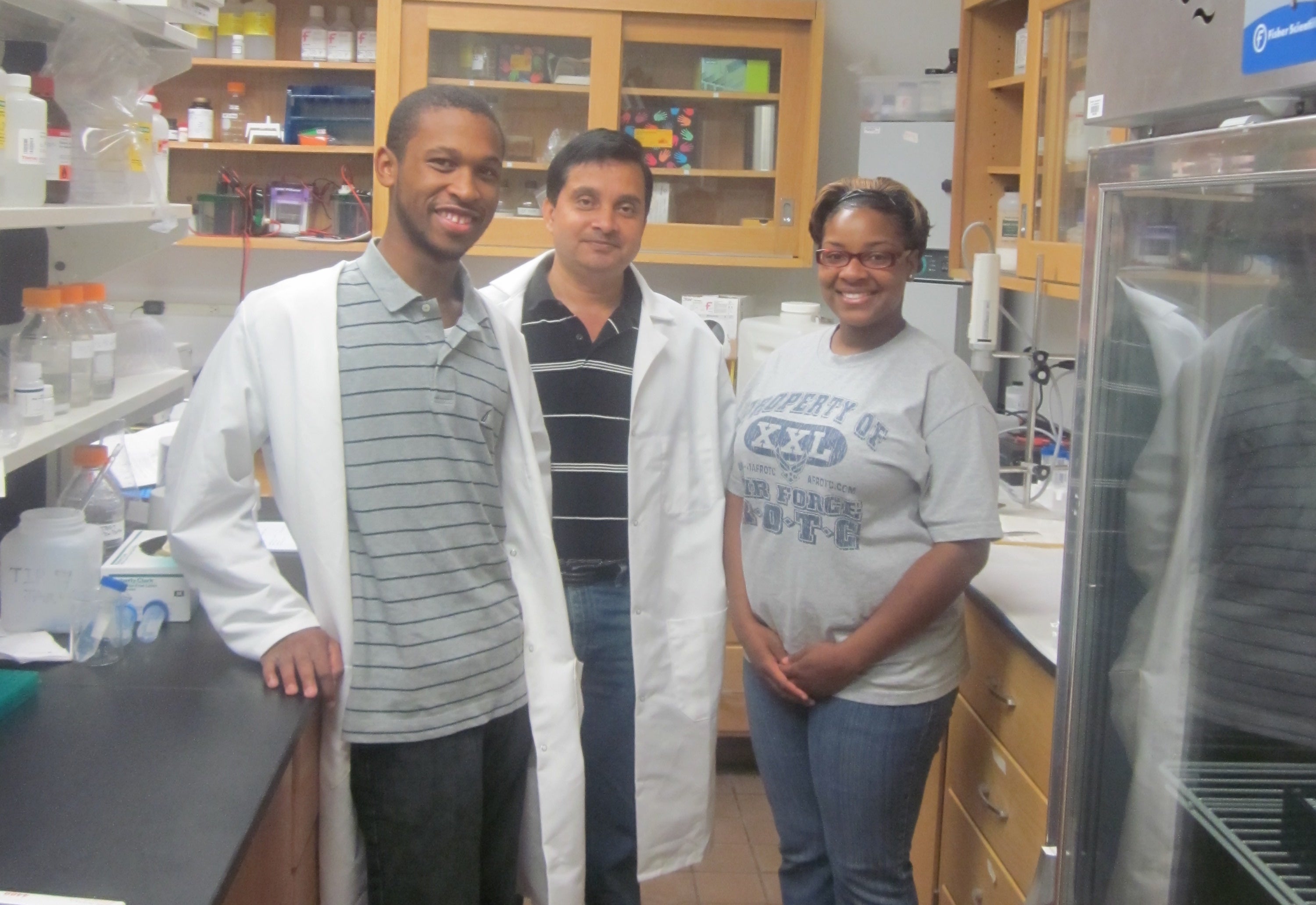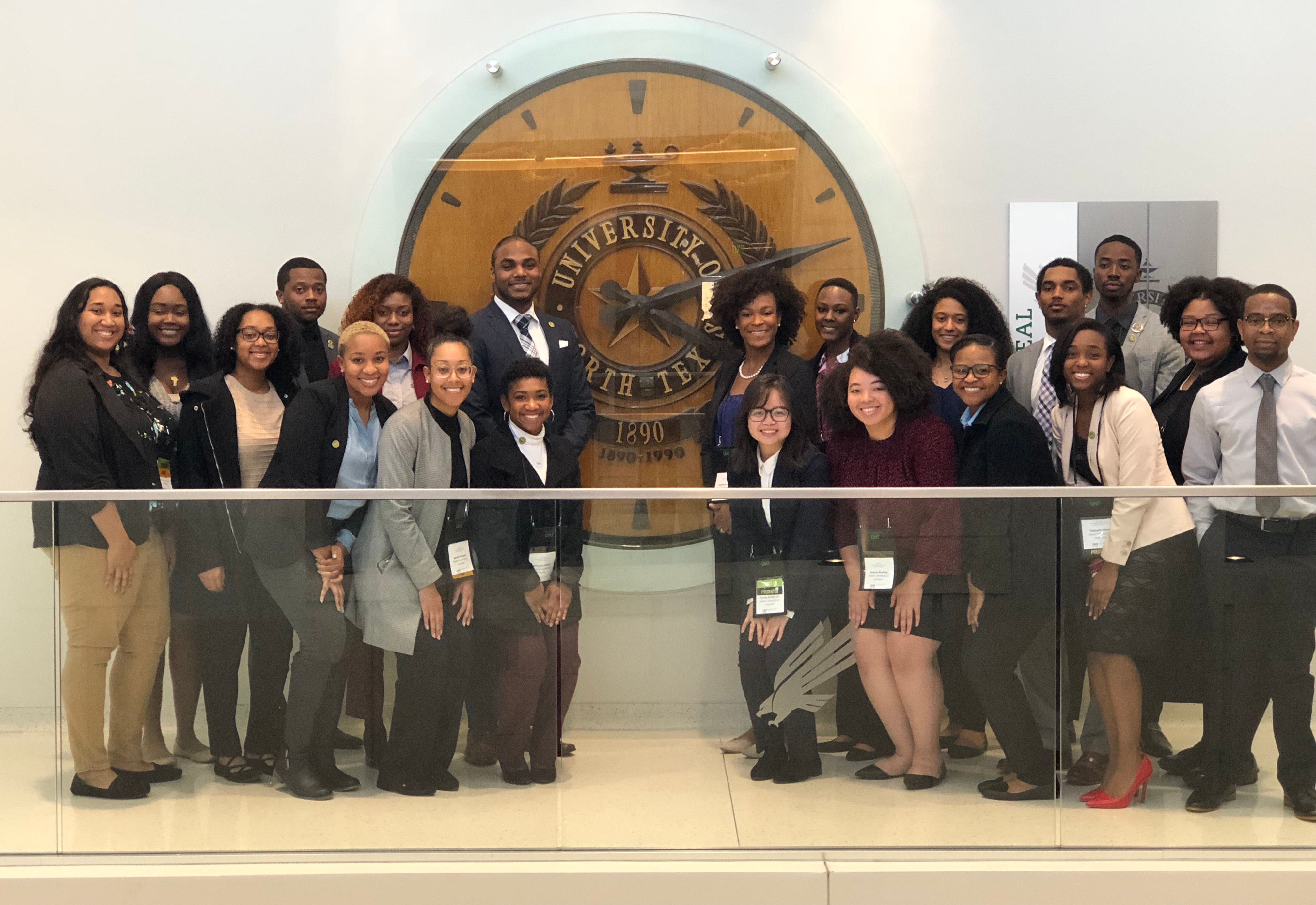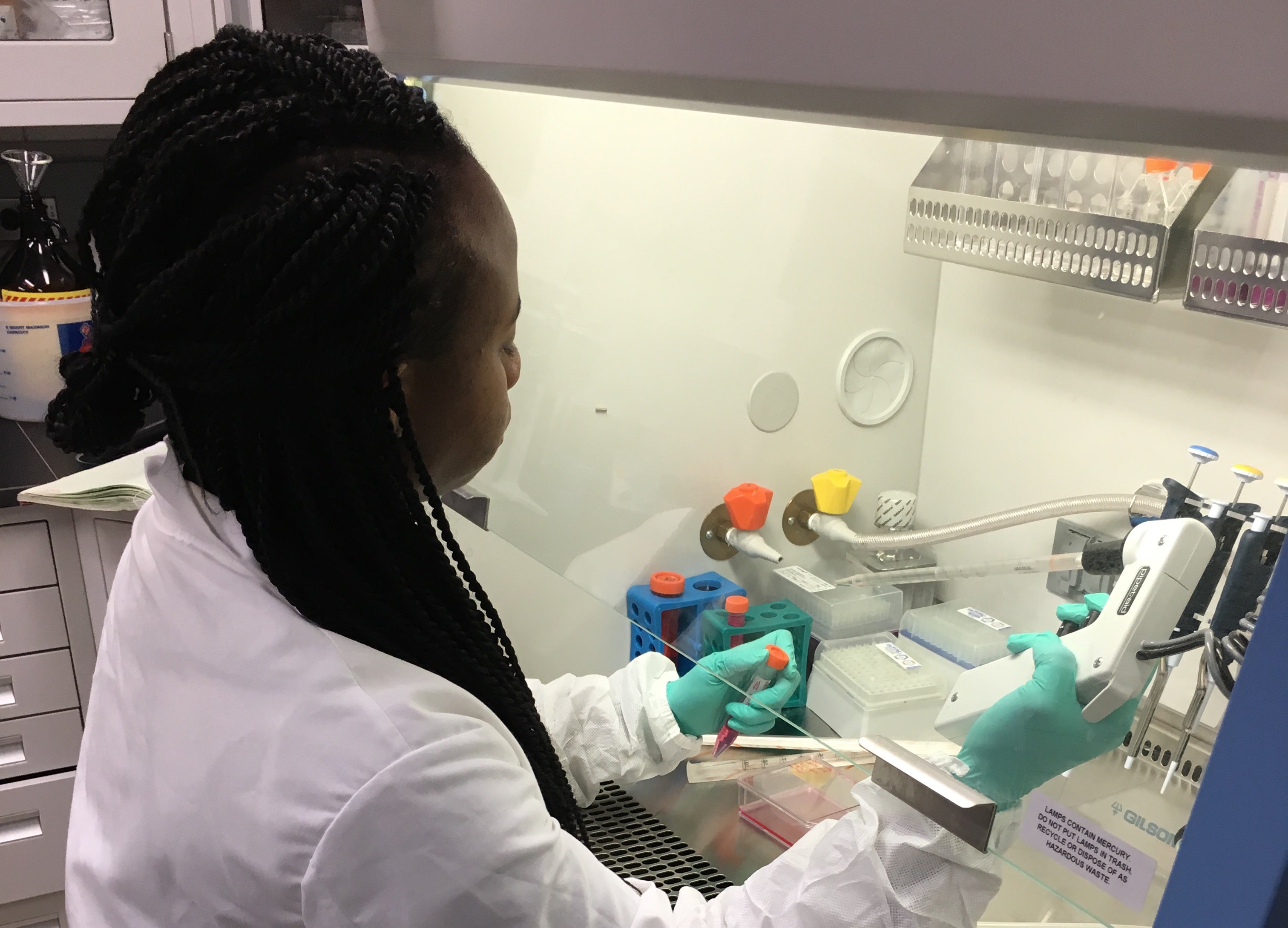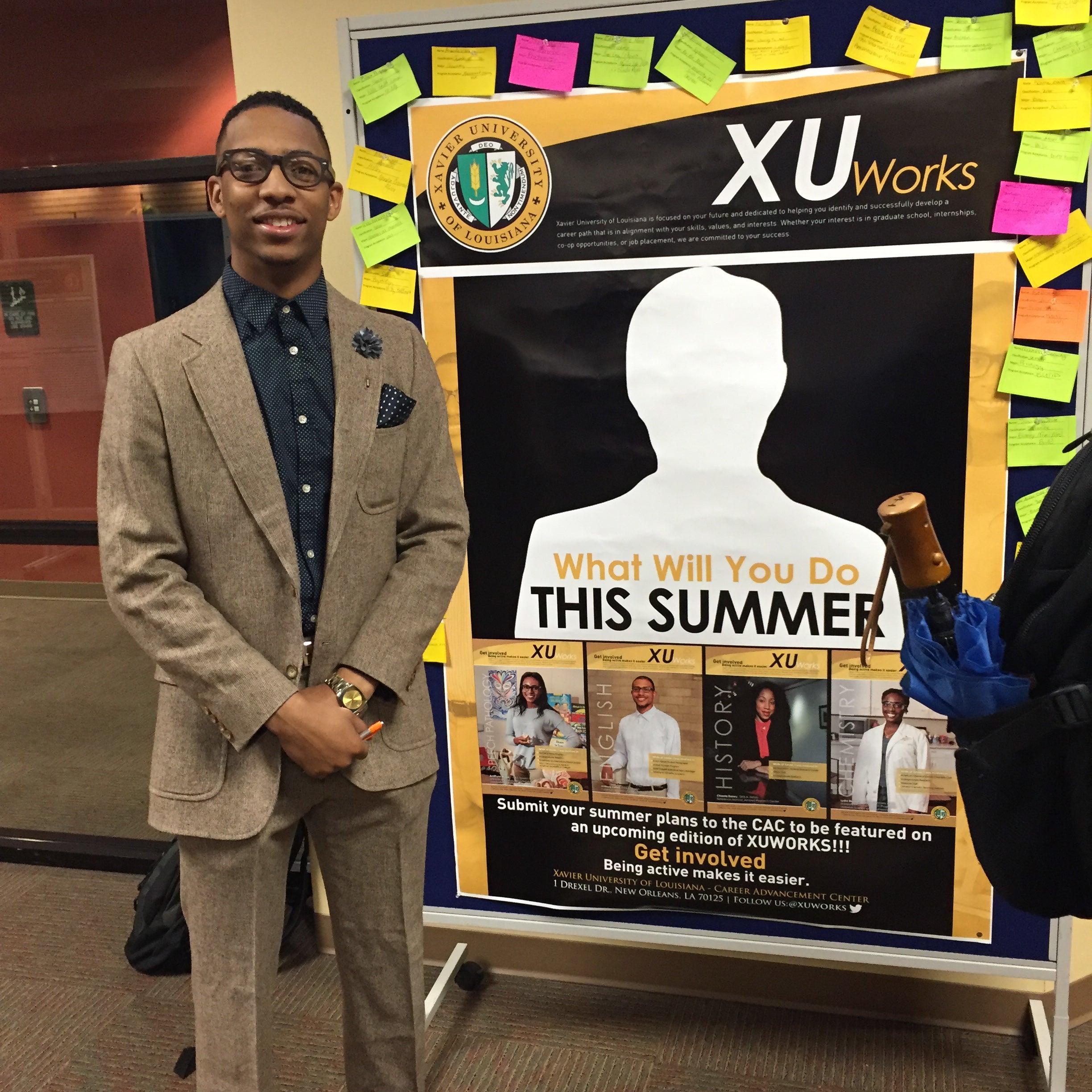The Center for Undergraduate Research and Graduate Opportunity (CURGO) helps undergraduates navigate the broad array of scholarly research opportunities that are available to them. CURGO encourages students to make scholarly research and creative inquiry a fundamental part of their academic experience at Xavier University of Louisiana. Current students interested in pursuing scholarly and creative undergraduate research should consult the resources available at Research Connect.
The Center for Undergraduate Research and Graduate Opportunity is Xavier's institutional member of the Council on Undergraduate Research (CUR) and participating member of the Leadership Alliance
Research across disciplines is the systematic production of new knowledge. The process often includes the following:
- Developing a research question(s);
- Identifying where the research question(s) fits within existing knowledge, often accomplished through a literature review;
- Designing the method of investigating the question and securing the appropriate permissions to conduct your research;
- Collecting and analyzing data/materials, drawing conclusions from that analysis;
- Writing about, presenting, and publishing your findings.
You can read more about how "research" is defined nationally by the NSF/OECD Frascati Manual (an applicable definition across disciplines and fields) here.
Undergraduate research is a scholarly or creative investigation that contributes to the systematic production of new knowledge; it is a meaningful activity undertaken with the guidance of a faculty member or other research mentor(s) and is used to enrich the College academic curriculum and student experience through enhanced critical thinking skills and a greater understanding of a chosen discipline(s) and its methodologies.
Four common threads should run through every undergraduate research activity on any campus:
- Mentorship. A serious, collaborative interaction between the faculty mentor and student, in which the student is intellectually engaged in the scholarly problem or project
- Originality. The student makes a meaningful and authentic contribution to the scholarly problem or project, and the work must be entirely or partially novel
- Acceptability. Employing techniques and methodologies that are appropriate and recognized by the discipline with a problem or project that includes a reflective and synthetic component
- Dissemination. Includes a final tangible product for which both the process and results are peer-reviewed, juried, or judged in a manner consistent with disciplinary standards
The primary outcome of engaging in undergraduate research is that it enables you to acquire an in-depth understanding of the knowledge-making process and to better understand the world. It is a form of exploration that compels the application of knowledge outside of the classroom and often results in the shifting of ideas about that knowledge and the way it functions in the world. You might also think of it as a form of apprenticing – learning the tools of trade, as it were, and how those contribute and expand your experience as a scholar. There are a number of other benefits and reasons that students pursue undergraduate research, including:
- Engaging more deeply with your subject;
- Learning relevant methodological skills and approaches to your discipline;
- Building relationships with faculty;
- Pursuing primary and secondary research for a thesis;
- Preparing for graduate school and national scholarships and fellowships;
- Demonstrating intellectual fitness and preparedness for future graduate schools, national funding bodies, and employers;
- Advancing your scholarship productively during the academic year and/or the summer.
